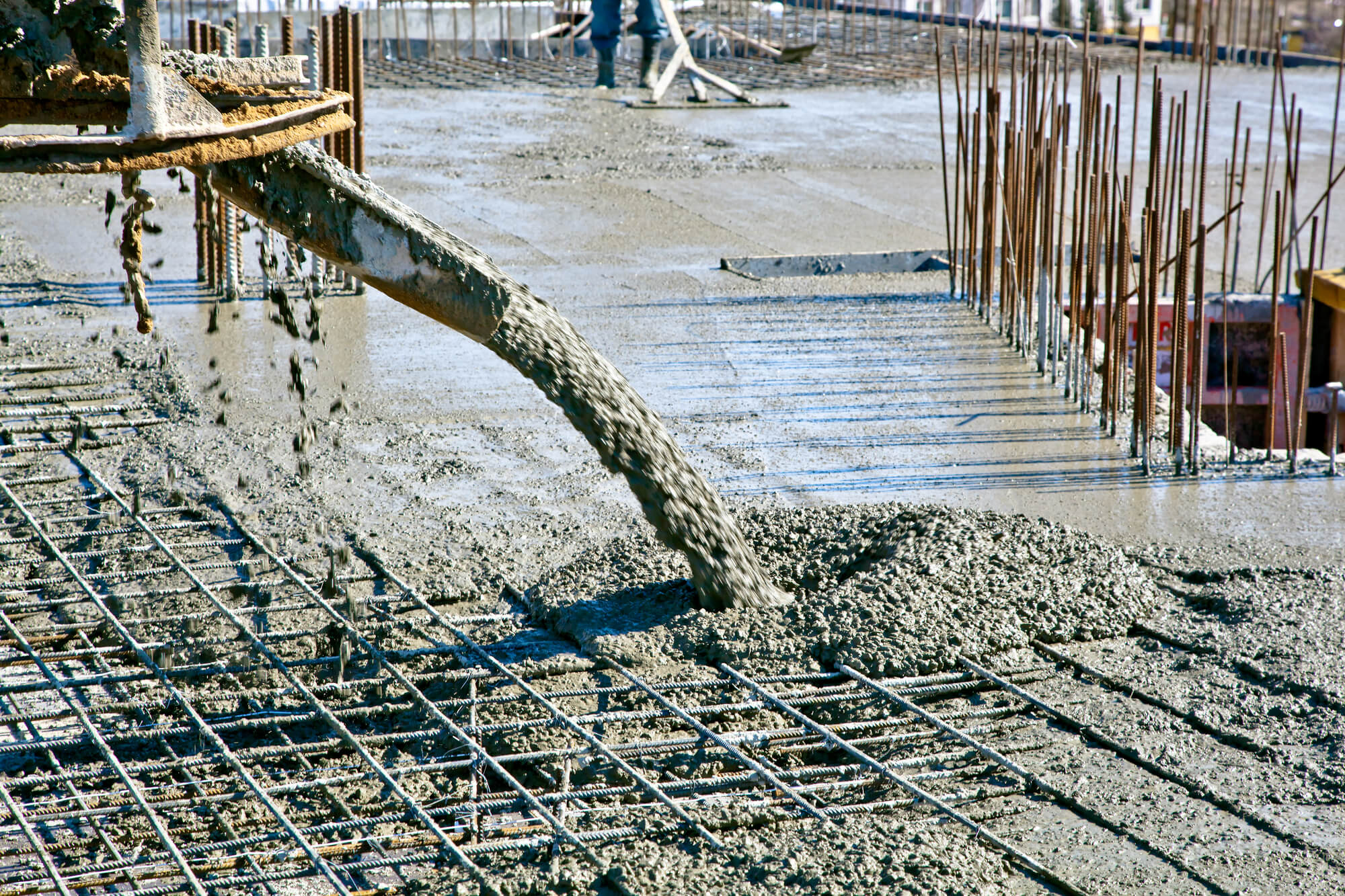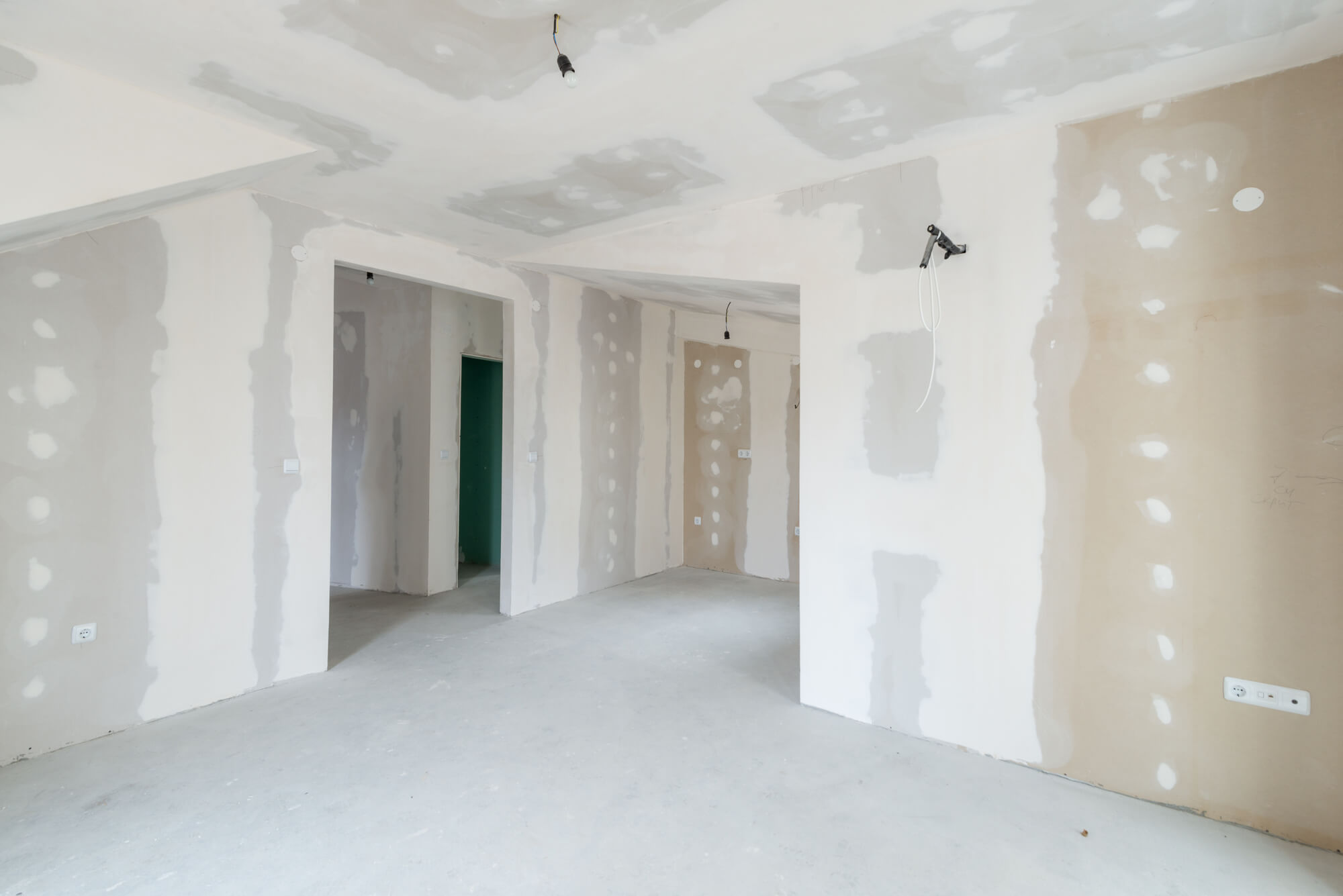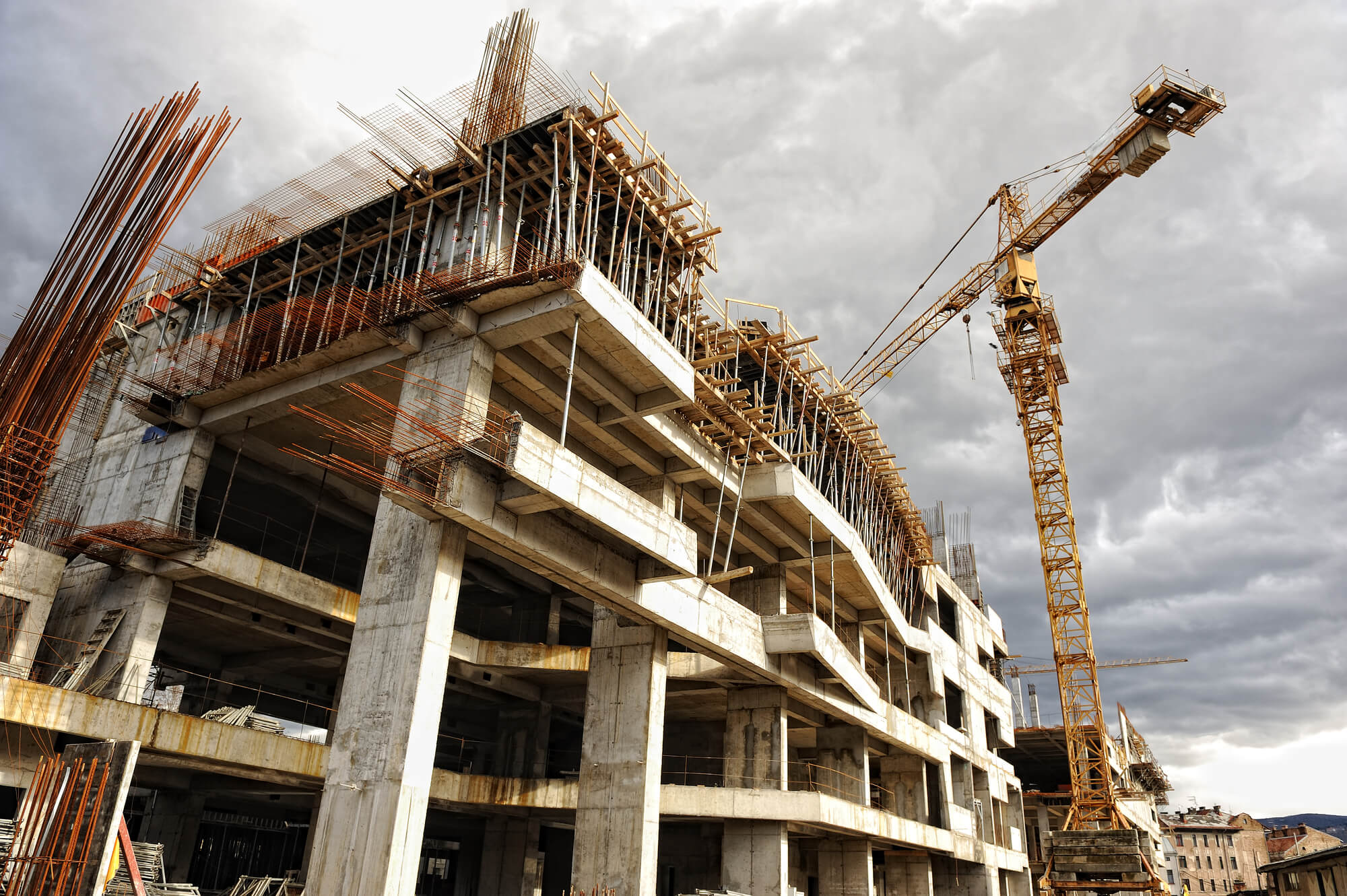June 30, 2024
Beyond Aesthetics: Combining Design and Functionality in Commercial Roofing
Many commercial property owners make the initial mistake of prioritizing aesthetics when
Selecting the right commercial contractor can be critical to success when embarking on a commercial construction project. The importance of suitable commercial contractors shouldn't be taken lightly, as they are responsible for ensuring the project is completed on time, with the proper budget, and to the desired quality standards. Several key factors must be considered when choosing a commercial contractor, including their reputation, experience, qualifications, and communication skills.
This blog will delve into the details of a commercial contractor's qualities and red flags, how to ensure a successful project, and how to prepare for restoration or construction projects. Following these guidelines can increase the chances of a successful commercial construction project and avoid costly mistakes.

Experience and reputation are two of the most critical factors to consider when choosing a commercial contractor. Look for a construction firm with a proven track record of successfully completing similar projects to yours, and ask for references and testimonials from previous clients. A commercial contractor with a strong reputation in the industry is more likely to deliver high-quality work and meet project deadlines.
Another important consideration when selecting a commercial contractor is their expertise and qualifications. Look for a commercial contractor with the qualifications and certifications to complete your project. They should have expertise in the specific type of construction work required, such as roofing, water damage, or reconstruction, and be knowledgeable about the latest building codes and regulations.
Clear communication and transparency are essential for a successful commercial construction project. Commercial contractors must be actively present throughout the project, advising building owners on the best materials and course of action. For instance, buildings in areas with heavy rainfall might need roof coatings to protect the structure from leaks and severe water damage.
Commercial contractors should also be responsive to questions and concerns and provide regular progress updates. A construction firm that's transparent about project costs, timelines, and any potential issues can help avoid misunderstandings and ensure the project stays on track.
Safety should be a top priority on any construction or restoration site. Look for a commercial contractor who takes safety seriously and has a strong safety record. They should have the necessary insurance policies in place to protect the building and its occupants in the event of accidents or injuries during the project. For example, commercial contractors that perform restoration and mold removal with biocide must inform building owners and occupants of potential risks.; the team in charge of the decontamination must also wear the necessary gear to stay safe from the chemicals.
Finally, requesting references and testimonials from previous clients gives a more reliable and accurate idea of the commercial contractor's work quality, professionalism, and overall satisfaction levels of other building owners and managers. A qualified commercial contractor must have a strong reputation in the industry and a track record of delivering high-quality work on time and within budget.
A commercial contractor without proper licensing and insurance is an evident red flag. Without a valid license, a commercial contractor may not have the skills or knowledge to complete your project successfully. Additionally, no insurance can leave business owners vulnerable to financial and legal risks in the event of property damage, injuries, or accidents. Always verify that commercial contractors hold the necessary licensing and insurance to protect your restoration, roofing, or construction project.
Good communication is essential in any business relationship, especially in construction projects involving multiple parties. A commercial contractor who is unresponsive, fails to return calls or emails, or is difficult to reach, shows they aren't professional enough to partake in commercial projects. Poor communication might result in misunderstandings and delays, negatively impacting the project's outcome.
A reputable commercial contractor will be willing to provide references and show examples of their previous work. Avoiding doing so can signal a lack of experience, poor quality work, or potentially fraudulent behavior. Always ask for references and examples of prior work to evaluate the commercial contractor's abilities and reputation.
A clear and comprehensive contract is essential to any construction project. Therefore, a commercial contractor who presents a document with vague or incomplete terms indicates a lack of attention to detail, or it may be an intentional attempt to leave loopholes that can be exploited later. Review the contract carefully, ask for clarification on unclear terms, and ensure that everything agreed upon is included to learn if the construction firm is trustworthy.
A commercial contractor who asks for upfront payments or only accepts cash payments might be a sign of an unreliable professional. This characteristic might hide financial instability or even fraudulent behavior. A reputable commercial contractor will have payment terms that align with industry standards and protect the client's interests.

The first step to ensure a successful construction project is to define clear project goals and scope. This step involves establishing what the project should accomplish, outlining the necessary tasks, and defining the resources required to complete the project. By determining the goals and scope, construction firms can state the project's feasibility and parameters and design a proper project plan.
A realistic timeline is critical to the success of any construction project, as it guarantees the restoration or construction will be done in a timely and efficient manner. All aspects of the project, including design, approvals, procurement, construction, and closeout, should be considered during this step. A realistic timeline should also take into account potential delays and unforeseen issues, allowing for appropriate contingency planning.
Monitoring progress and communicating regularly involves tracking progress against the project plan, identifying potential issues and risks, and addressing them promptly. Regular communication with project stakeholders, including contractors, subcontractors, and clients, is also essential in ensuring everyone knows the project status, potential issues, and upcoming tasks.
Finally, issues can arise at any point during the project, from design to construction, and timely resolution helps avoid delays and additional costs. Effective conflict resolution means identifying the issue, gathering all relevant information, and working collaboratively with all parties to find a satisfactory solution.
Before beginning any construction project, obtaining the necessary permits and licenses is essential, ensuring that the project complies with all local regulations and building codes. Not doing so can give rise to costly fines and delays. Depending on the project, permits may need to be obtained from multiple agencies, including the local building department, zoning department, and environmental agencies.
A clear and concise contract should outline the scope of the project, the payment schedule, and the timeline for completion. Construction contracts should also include contingencies for unforeseen circumstances and dispute resolution procedures. Having a well-defined document in place can help prevent misunderstandings and disputes down the road.
Preparing the worksite refers to clearing the site of any debris, ensuring proper drainage, and ensuring the site is leveled. Additionally, any necessary utilities, such as electricity and water, should be identified and connected to the site. The construction site should also be secured to prevent unauthorized access and to guarantee the safety of workers and the public. This step may include installing fencing, barriers, or signage.
Construction projects often involve multiple stakeholders, and coordinating with them ensures everyone is on the same page and that the project proceeds smoothly. Coordination may include scheduling regular meetings, clarifying roles and responsibilities, and resolving conflicts or issues. Effective communication and collaboration are vital to ensuring a successful construction project.
In addition to these steps, there are several other important considerations when preparing for a construction project. These may include:

Blue Team has built a reputation for its dedication to customer service, reliability, creative problem-solving, and top-notch performance. As a result, our construction firm has gained the trust of numerous prominent property portfolio owners and operators in the region. We are committed to nurturing and expanding these relationships and creating new ones. We work with building owners and managers across all commercial sectors, including hospitality, senior care, healthcare, multifamily, institutional markets, office spaces and more. Our US-based construction firm is ready to take on international and national projects. Contact us today to get started on a restoration, roofing, and construction project.